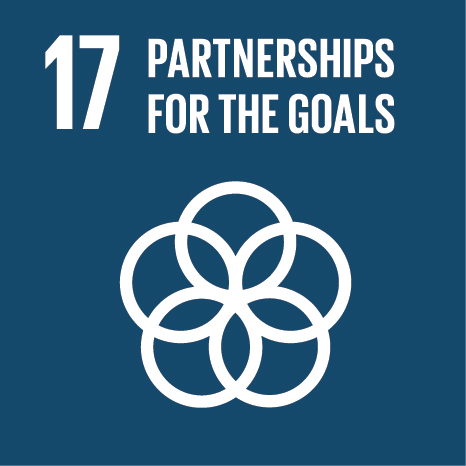Towards a Strategic EU-NATO Security Partnership in Africa
Event Title
27th International Meeting in Political Studies – Estoril Political Forum 2019 (EPF 2019)
Year (definitive publication)
2019
Language
English
Country
Portugal
More Information
Web of Science®
This publication is not indexed in Web of Science®
Scopus
This publication is not indexed in Scopus
Google Scholar
This publication is not indexed in Google Scholar
This publication is not indexed in Overton
Abstract
Threats from Africa undermine the security of Europe. The European Union and NATO have 22 member countries in common, namely most of EU member states. The fundamental role of the Atlantic Alliance is to safeguard the freedom and security of its member countries by political and military means.
Since the fall of the Berlin Wall, non-state actors and hybrid threats emerged as the major challenges to international security. NATO is evolving in response to new strategic reality, and terrorism and weak states are among the most pressing challenges the Alliance faces. NATO is playing an increasingly important role in crisis management and peacekeeping.
Since the African Union was established in 2001 as the successor to the Organization of African Unity,it faces difficulties in achieving the African ownership in peace and security. The chronic lack of funding and of appropriate military resources, makes the African Union depending on external aid –NATO provides military support, while the EU provides money. NATO cooperates with the AU since 2005, and all NATO-AU activities are coordinated with the EU.
The NATO-EU partnership is complementar and mutual, and is based on common values and strategic interests, and should be strengthened to secure the European southern border, and to guarantee security in the Mediterranean region. Therefore, stronger and permanent NATO–EU partnership in Africa would be desirable. This brief paper investigates the ties between these three organizations, and suggests some recommendations to improve the 'trilateral' relationship to ensure security to their member states.
Acknowledgements
--
Keywords
Fields of Science and Technology Classification
- Political Science - Social Sciences
Funding Records
| Funding Reference | Funding Entity |
|---|---|
| SFRH/BD/136170/2018 | Fundação para a Ciência e a Tecnologia (FCT), Portugal |
| Research Grant | Knights of Vartan Fund for Armenian Studies administered by the National Association for Armenian Studies and Research (NAASR) |
Contributions to the Sustainable Development Goals of the United Nations
With the objective to increase the research activity directed towards the achievement of the United Nations 2030 Sustainable Development Goals, the possibility of associating scientific publications with the Sustainable Development Goals is now available in Ciência_Iscte. These are the Sustainable Development Goals identified by the author(s) for this publication. For more detailed information on the Sustainable Development Goals, click here.

 Português
Português



